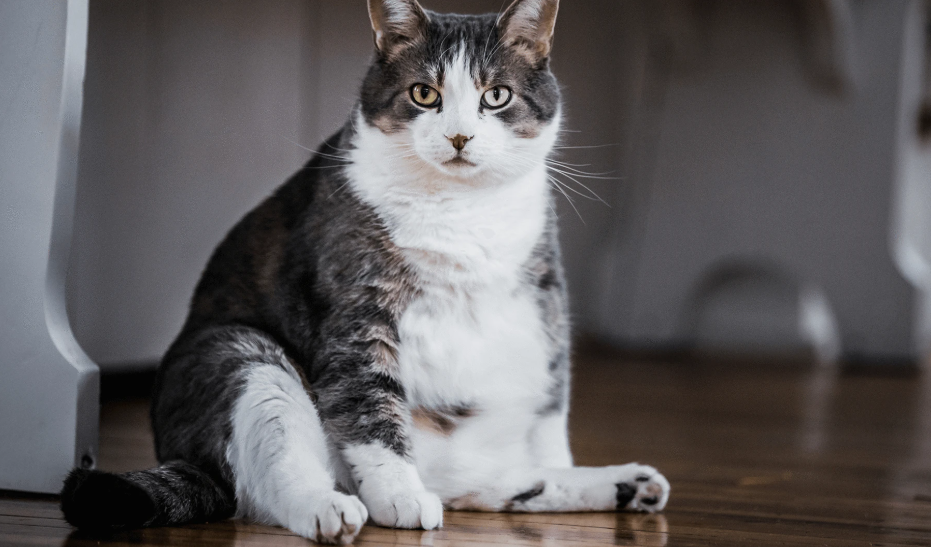Arthritis In Cats Age

Protein is important to arthritic cats.
Arthritis in cats age. Feline arthritis is more common in middle aged and older cats. Even younger cats under the right circumstances can suffer from arthritic changes. This will aggravate arthritis pain. Due to the challenges of diagnosing arthritis in cats it can be difficult to tell how many cats are affected.
Although fairly uncommon in felines arthritis tends to affect the elbow joint when it does strike but many joints can be afflicted. However cats are very adept at hiding any illness especially pain as this would be seen as a sign of weakness in the wild. How to spot arthritis in cats. Reviewed and updated for accuracy on may 29 2019 by dr.
Arthritis occurs when the cartilage between bones deteriorates. Arthritis causes changes within the affected joints that are painful for the affected pet. Prevalence of arthritis in cats. Arthritis is the general medical term for inflammation of the joints while osteoarthritis is the term that specifically refers to a form of chronic joint.
Arthritis also known as osteoarthritis or degenerative joint disease causes pain and inflammation in a cat s joints. Arthritis is one of the most common ailments seen in middle aged to older pets. Feline arthritis can be caused by injury infection an autoimmune disorder or degenerative problems involving the joints. Joints that have been injured in the past are also more prone to becoming arthritic later in life.
Old age arthritis or osteoarthritis is a rapidly growing area of feline medicine. Keeping a cat in good shape through proper diet can help relieve the symptoms. Arthritis occurs when the cartilage between bones deteriorates. Recent studies have shown that up to 90 of cats aged over 12 years are showing signs of osteoarthritis hardie et al 2002.
Senior cats have the highest risk for contracting osteoarthritis a type of arthritis in cats that s also known as degenerative joint disease djd. This makes joints less flexible causing stiffness and pain. Most senior cat foods are designed with arthritic felines in mind. Just as in humans cats develop arthritis as they age.
An obese cat has a much harder time dealing with aging joints. Age weight health status and previous injuries play a big role in feline arthritis. If a cat seems stiff or painful has swollen joints loses muscle mass or has a hard time moving around it might have arthritis. Most cats don t develop obvious signs of arthritis until they are at least 10 years old.
Your cat s food will also play a role in managing arthritis pain. Ensure that your cat s meal is appropriately balanced. As cats age they absorb less protein from food. By lorie huston dvm.
Cats that are obese are more likely to be affected by the signs of arthritis than a cat that is lean.
















































